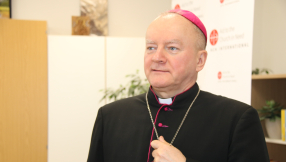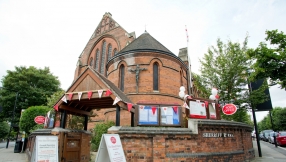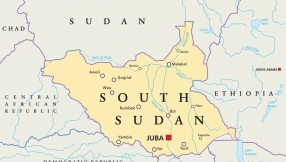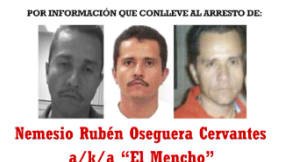Pope Francis has made a habit of causing consternation among liberals and conservatives alike.
He is praised by some as a moderniser only for those same people to be dismayed when he insists the ban on women becoming priests is permanent.
He repeatedly infuriates the right for not making more forthright comments about gay marriage only for them to leap to his defence when he speaks against abortion and of the "responsibility to protect and defend human life at every stage of its development".
Cardinal Vincent Nichols, Archbishop of Westminster, helpfully summed up Pope Francis. "It shows the Pope is a Catholic," he told once Christian Today.
But his latest comments, which have gone largely unnoticed, show ignorance or, arguably, something worse.
In his much publicised interview with the Spanish El Pais newspaper, as well as speaking about Trump, popularism and the Nazis, he also talked about Christianity in China.
"In China, churches are crowded," he said according to the English transcript provided. "In China they can worship freely."
The first of these statements is objectively true, although Chinese authorities would not like to admit it. That is because many of the churches that are full are underground congregations, most of which are evangelical, who don't comply with China's Big Brother watch on official religious groups.
State-authorised churches adhere closely to the Chinese governments protocols on what they can and can't preach.
Up to 1,700 churches have been demolished or had their crosses removed over the past three years with further restrictions expected in 2017.
New regulations will mean that no religious materials may be published without approval by State Administration for Religious Affairs (SARA), no one may study theology without official permission, and no venues may be used for religious services unless a permit is granted.
The 2016 annual report from the US Commission for International Religious Freedom concluded: "China's severe religious freedom violations continued in 2015.
"During the past year, as in recent years, the central and/or provincial governments continued to forcibly remove crosses and bulldoze churches; implement a discriminatory and at times violent crackdown on Uighur Muslims and Tibetan Buddhists and their rights; and harass, imprison, or otherwise detain Falun Gong practitioners, human rights defenders, and others."
The Vatican has had its own feud with the Chinese Communist Party over who has the authority to appoint bishops to oversee China's 10 million Catholics.
For six decades the CCP has appointed official bishops, which go unrecognised by the Vatican who appoint their own "underground" bishops who risk arrest and imprisonment.
Pope Francis declaring that "they can worship freely" in China is concerning. It is inconceivable that Pope Francis does not know just how restrictive religious worship is in China.
So his comments are more likely to reveal an attempt to make peace with the CCP.
In October the Vatican announced it would recognise at least four bishops appointed by the Chinese government, signalling a breakthrough in the standoff.
China's Minister for Religious Affairs has said he is willing to engage with the Vatican as long as local Catholics "hold up high the flag of patriotism", which means of course they must adhere to the government's view of religious freedom.
The Pope's words could signal a capitulation to this threat. For the hundreds of Christians, both Catholic and Protestant, who remain behind bars in China for their faith, that is a worrying sign.













